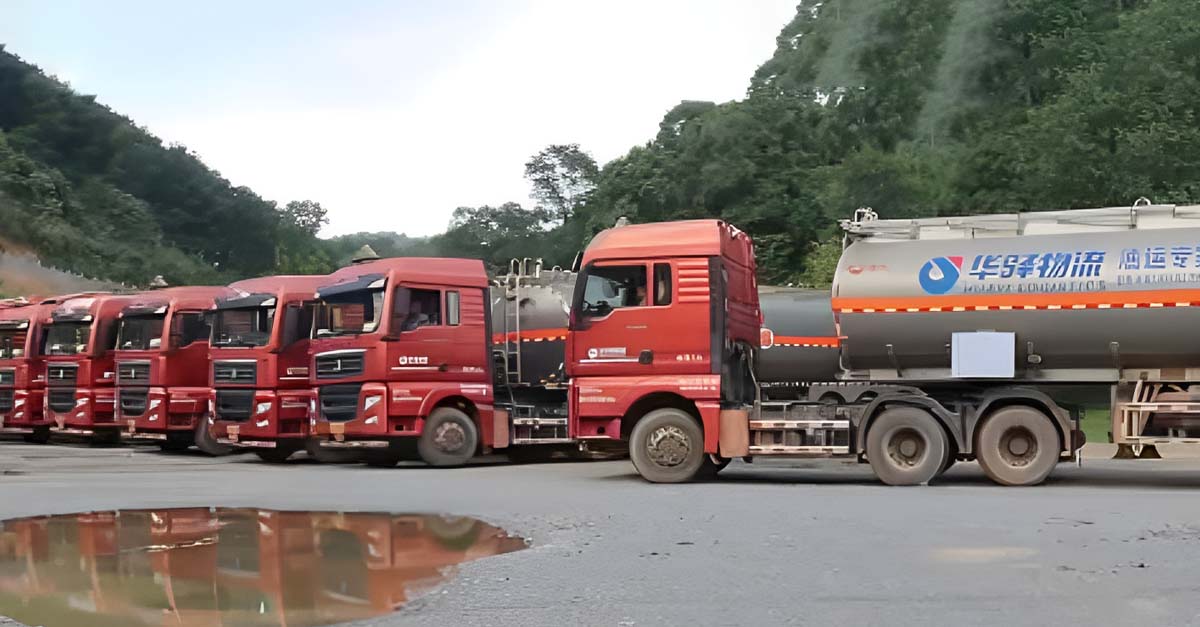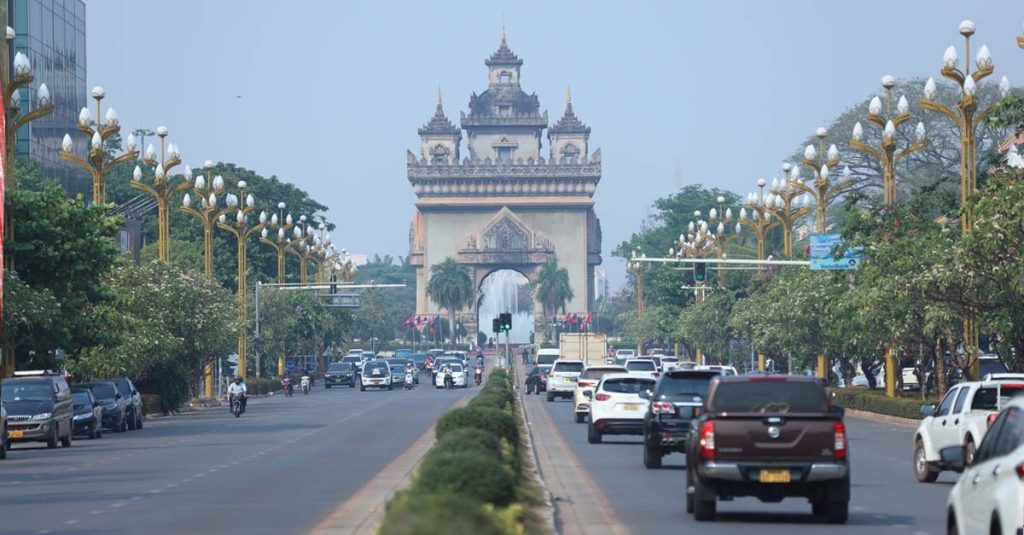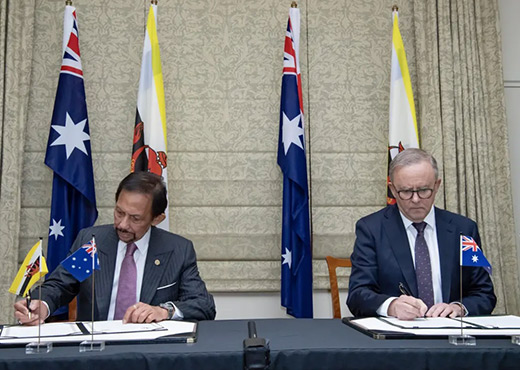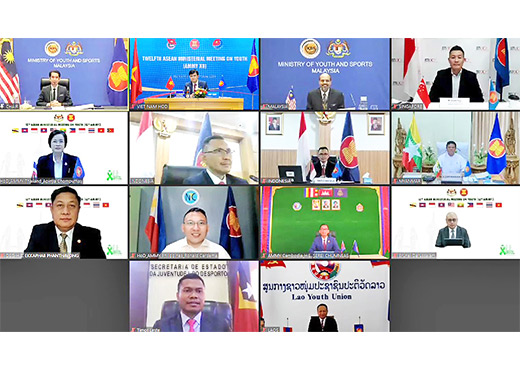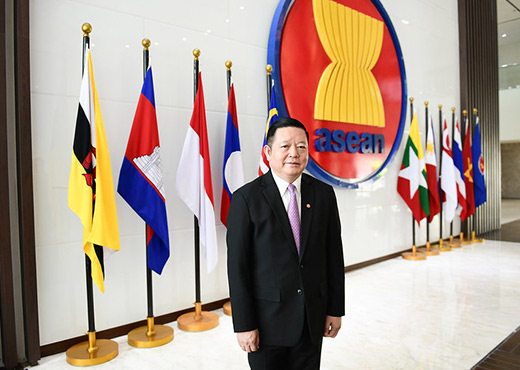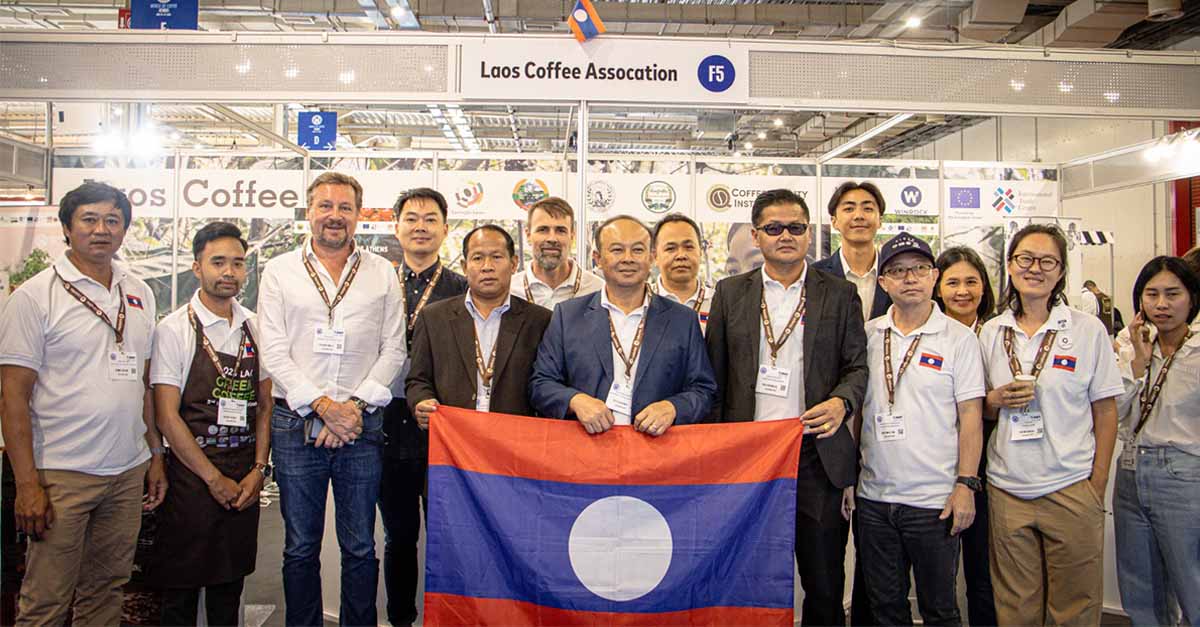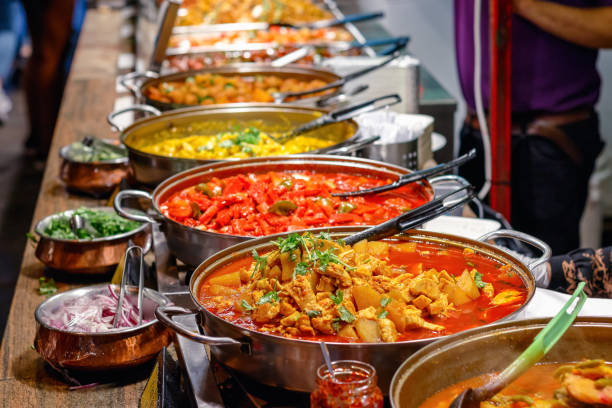The Bank of Thailand expects GDP growth to exceed its forecast, with the economic policies of the new government driving expansion alongside tourism and consumption growth.
At its meeting last month, the central bank's Monetary Policy Committee (MPC) said it believed the Thai economy should continue to expand with some inflationary risks.
Tourism and private consumption would provide the main impetus for economic expansion, with goods exports likely to recover in the second half of 2023.
China's economic and policy developments would be the key determinants of export and tourism trajectories, said the MPC.
"Upside factors for growth include foreign tourist arrivals and the new government's fiscal and economic policies, which could lead to stronger than expected domestic demand, especially in 2024," according to the central bank's statement yesterday.
The Bank of Thailand projects GDP growth of 3.6% and 3.8% in 2023 and 2024, respectively.
The tourism sector should continue its robust recovery, with increased foreign arrivals across most nationalities, said the bank.
The foreign arrival projection was upgraded to 29 million for 2023 and 35.5 million for 2024, up from 28 million and 35 million in a March outlook.
Private consumption should gain further traction, propelled by improvements in overall employment and labour income, notably in the services sector and among self-employed workers benefiting directly from the tourism recovery, said the bank's report.
However, inflation risks involve two factors.
First, demand pressures could mount given the backdrop of expanding economic activities, particularly if the tourism recovery or fiscal stimulus under the new government's economic policies prove stronger than expected, said the bank.
Second, the pass-through of costs absorbed by producers in the past could increase inflationary pressures.
The MPC acknowledged that future inflation dynamics would be contingent in part on new government policies.
The possibility of higher minimum wages could lead to higher prices of goods.
Indexing the minimum wage to inflation could further amplify the pressure on labour costs and goods prices, possibly giving rise to a wage-price spiral phenomenon, with implications for long-term price stability, said the bank.
Such risks should be limited by several attributes of the Thai labour market: high labour market flexibility given the supply of foreign workers and labour mobility; the low bargaining power of Thai workers compared with other countries; the low share of labour costs, at 15% of total production costs for an average business, which limits the scope for labour cost pass-through; and a relatively small share of wage earners, at 45% of the total labour force, compared with 90% in advanced economies such as the US, Germany, and the UK.
As a result, the impact of a minimum wage increase on aggregate demand and risk of a wage-price spiral would be limited, relative to other countries, said the central bank.
The MPC plans to monitor the impact of the new government's policies and assess their inflationary implications, including wages, firms' price-setting behaviour, and public medium-term inflation expectations, according to the central bank's policy statement.
The central bank expects headline inflation of 2.5% and 2.4% in 2023 and 2024, respectively.
Core inflation is projected to stabilise at 2% in 2023 and 2024.
Source Bangkok Post

